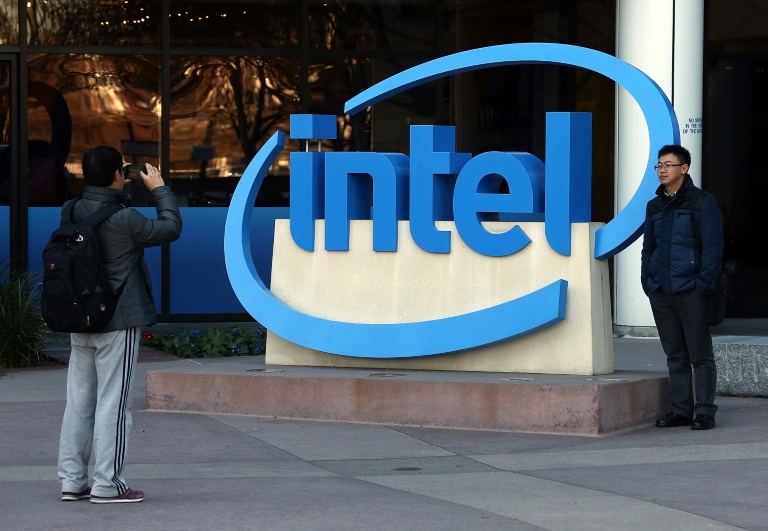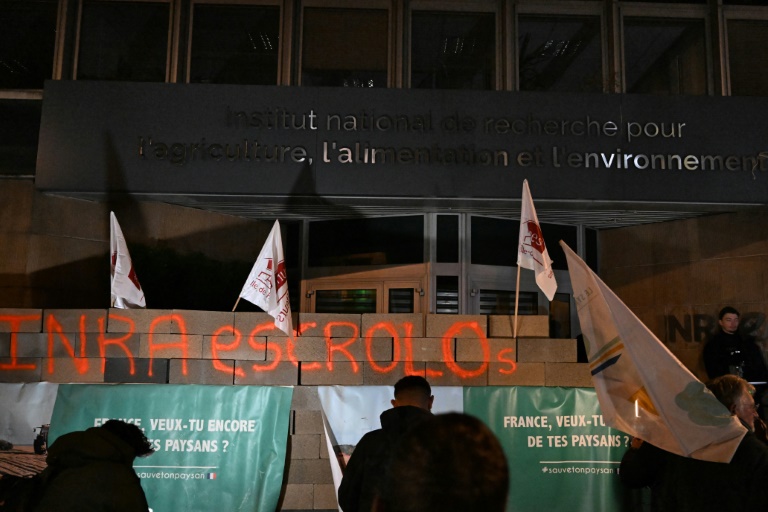Intel has stated that its $7.86 billion in U.S. government subsidies restricts its ability to sell stakes in its chipmaking unit if it becomes an independent entity.
With the new U.S. government subsidies, the terms outlined in Intel’s securities filing, on Wednesday, set certain restrictions on how Intel Foundry can be managed.
Intel disclosed that the U.S. government subsidies come with specific ownership requirements for its chipmaking unit, Intel Foundry. According to the filing, if Intel Foundry were to be separated into a new, privately held entity, Intel would be required to retain at least 50.1% ownership of the unit.
Additionally, if Intel Foundry were to become a publicly traded company and Intel is not the largest shareholder, the company would be restricted in how much it could sell to a single shareholder. Intel would be allowed to sell only up to 35% of Intel Foundry before running into “change-in-control” provisions.
To proceed with its $90 billion worth of semiconductor manufacturing projects across the U.S.—including in Arizona, New Mexico, Ohio, and Oregon—Intel need to adhere to the restrictions outlined in its subsidy agreement.
The filing also stated that any changes in control of the company’s chipmaking operations could require it to seek permission from the U.S. Department of Commerce.
A spokesperson for the Commerce Department said the government is discussing change-in-control terms with all recipients of direct grants.
On Tuesday, the U.S. Department of Commerce announced up to $7.865 billion in funding for Intel under the CHIPS Incentives Program for Commercial Fabrication Facilities. However, the grant was reduced from $8.5 billion to below $8 billion, partly due to a $3 billion contract awarded to Intel for Pentagon chip development.
The cut followed Intel’s confirmation of delays in its Ohio project, which was pushed back from 2025 to the “end of the decade.” The exact reduction amount was not disclosed.
Intel Chief Executive Pat Gelsinger in September said that the company planned to spin its chip manufacturing operations into a subsidiary and was open to taking on outside investors in the unit, called Intel Foundry, reported Reuters.
Intel’s funding is part of the 2022 CHIPS Act, which allocated $39 billion to subsidize the chip industry and reduce reliance on foreign suppliers for critical components. Despite being a major advocate for the CHIPS Act, Intel now faces challenges in securing its final award due to the ongoing difficulties in its operations.
As Intel reported its largest quarterly loss in October in the company’s 56-year history, it faces increased pressure to implement cost-cutting measures.







